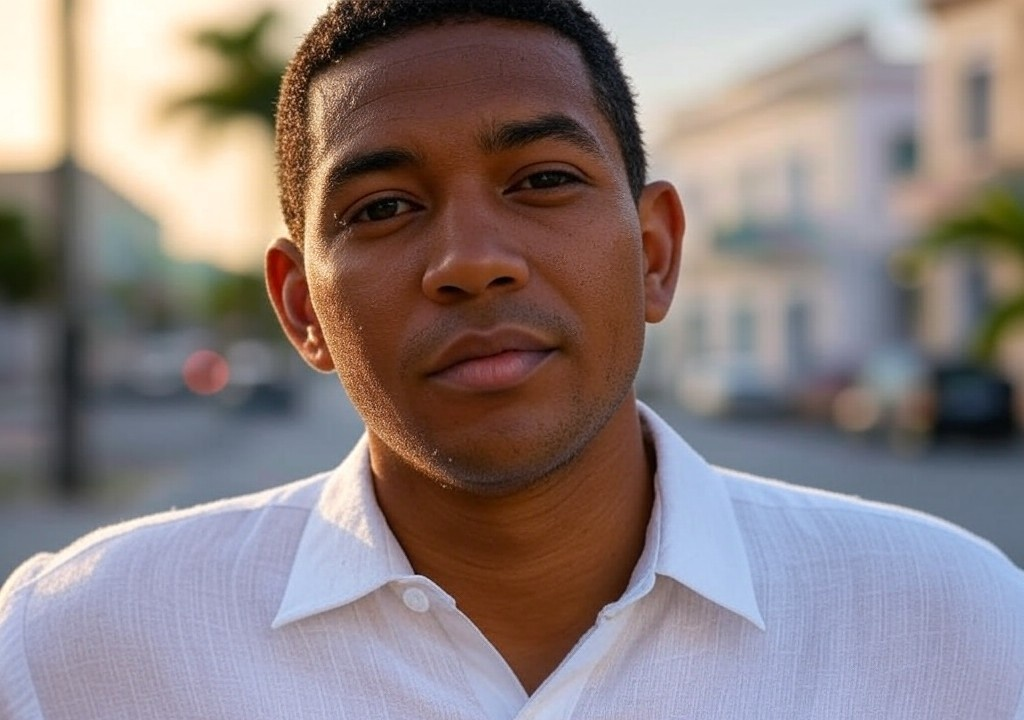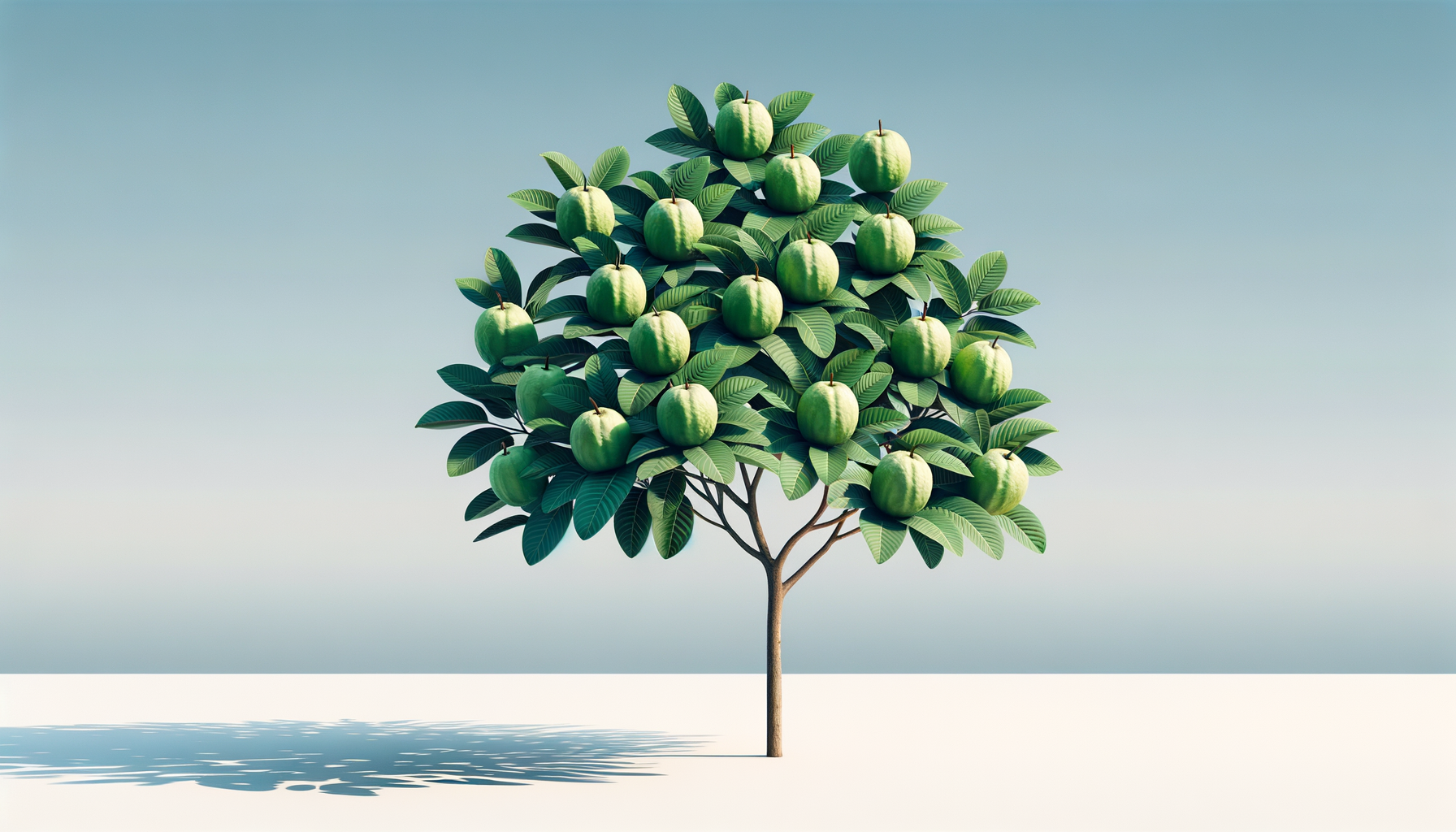When I was eight years old, I thought the most romantic thing you could do for someone you loved was share the last pastelito in the bakery box. My parents—who had a kind of love that was equal parts passion and bickering over who burned the café con leche—taught me love was about offering the best of yourself, even if it was flaky and filled with guava. It wasn’t until much later that I realized relationships require more than sweet gestures and stolen kisses in flour-dusted kitchens.
It was a book that finally gave me the words and clarity to understand love’s intricacies. Not just the Hallmark kind, not the “grand gestures in the rain” kind, but the messy, exhausting, absolutely magnificent reality of it. That book? The Mastery of Love by Don Miguel Ruiz. I know, the title sounds like it should be nestled next to a stack of self-help cliches wrapped in pictures of sunsets. But stay with me, because this book didn’t just change how I saw relationships—it changed how I saw myself.
Why We’re All Carrying Around Invisible Bruises
The first lesson I learned from The Mastery of Love hit me like the croqueta tray hitting the floor at last year’s family Nochebuena. Ruiz talks about the “wounds of the soul,” the emotional scars we all bring into our relationships. I had to admit: I was carrying a full banged-up set of my own.
Growing up in a Cuban American household, love was always loud and dramatic, like a telenovela on full volume. It came with a side of guilt—stirred in like sugar in coffee—and an unspoken pressure to be as perfect as the glossy holiday cards sent to relatives in Miami. I knew how to show love by showing up, but I wasn’t always great at receiving it. That little boy who’d watched his parents sacrifice everything for their kids had grown up thinking love was supposed to be earned, one overachievement at a time.
Ruiz helped me see something painfully obvious but often overlooked: the love we give and the love we accept is shaped by how we’ve been taught to feel about ourselves. Carrying your insecurities into a relationship, he said, is like painting over cracks in the wall—they’ll show eventually, no matter how great the finish.
Breaking Up with the Myths of Love
I know what you’re thinking: “Great, Raúl, but what does this mean for me when my dating life is stuck on airplane mode?” Here’s where the second transformative truth from Ruiz comes in: we have to unlearn what we think love is supposed to look like. That meant more for me than I realized.
See, my first “serious” girlfriend, somewhere between junior prom and the sweaty nights of bachata practice in her garage, ended with a clash of two very confused expectations. I bought into the myth of love as sacrifice—giving up my dreams because I thought that’s what you did when you cared about someone. She, however, believed love needed to be all-consuming. Let’s just say the guayabera I wore to her cousin’s wedding outlasted our relationship.
What Ruiz taught me in hindsight was that love isn’t a game where keeping score of sacrifices means victory. If you’re exhausting yourself trying to be worthy of someone else’s love, you’re doing it wrong. Love should add to you, not chip pieces away. Relationships should feel less like a performance and more like my abuela’s Sunday lunches—familiar, comforting, and involving way too much food.
Love Starts With You (Yes, I Know How That Sounds)
Here’s the hard pill to swallow: love starts with self-love. No, not in an “I took a bubble bath and posted it to Instagram” way. I’m talking deep, messy self-love—the kind where you sit alone with your flaws, forgive your embarrassing high school haircut, and learn to see yourself as deserving of the love you crave. Ruiz described it best: “You cannot give what you do not have.”
I didn’t fully absorb this until my late 20s, when a failed engagement left me scraping burnt rice off the bottom of a pot while wondering why love always seemed just out of reach for me. Somewhere in the existential haze—helped along by a very judgmental cat—I realized I had spent so much time trying to make others happy that I had forgotten to check on myself. That realization led back to the book, and the words that changed my life for the second time: love yourself first, imperfections and all.
Once I started to embrace that concept, even little changes transformed things. I set boundaries (something nobody tells you how to do in high school). I learned it was okay to say “no” when I meant it. Most importantly, I stopped apologizing for being too passionate, too sarcastic, or for refusing to switch allegiance from the Heat to any other basketball team (a non-negotiable). Was it easy? Like making homemade flan without it cracking—absolutely not. But it was worth every awkward attempt.
A Real-World Love Experiment
Let me tell you, putting Ruiz’s wisdom into practice made dating...well, weirdly fun. I started approaching relationships not as a symphony of intensity but as a chill jam session where both partners brought their own rhythm. I stopped trying to find “the perfect person.” Instead, I looked for someone who made me feel like I could mix Cuban music with Kendrick Lamar and call it a vibe. That was love, I realized—being yourself, fully and unapologetically, while being with someone who does the same.
Addressing emotional wounds? Embracing imperfection? Being lighthearted about the pursuit of connection? It didn’t just rewire my dating life, it deepened every other relationship I had—better friend, better son, better human.
What The Mastery of Love Teaches Us About Every Kind of Connection
Whether you’re single, still grieving your last situationship, or navigating what comes after the “we need to talk” conversation, Ruiz’s lessons resonate. Love, Ruiz argues, isn’t something you find. It’s something you practice.
You practice when your partner’s favorite show is ten hours long with no explosions and you watch anyway. You practice when your friend calls for the third time in a row to rant about the same ex. You practice when you forgive yourself for being awkward or wearing mismatched socks on your first date. You practice every time you show up and choose love—for yourself and for others—with intention, honesty, and compassion.
The Takeaway
So, no, the book that changed my life wasn’t a novel filled with epic romances or grand declarations. It was a guide, written simply but with profound wisdom, helping me peel back the layers of misconception I carried about love. The truth is relationships will never be perfect, whether they’re wrapped in red string lights or filled with playlists of misunderstood reggaeton lyrics. But they’re always better when you bring all of yourself to the table.
And hey, if you’re still holding onto that last pastelito, let it go. Share it. There’s always more guava to go around.




















